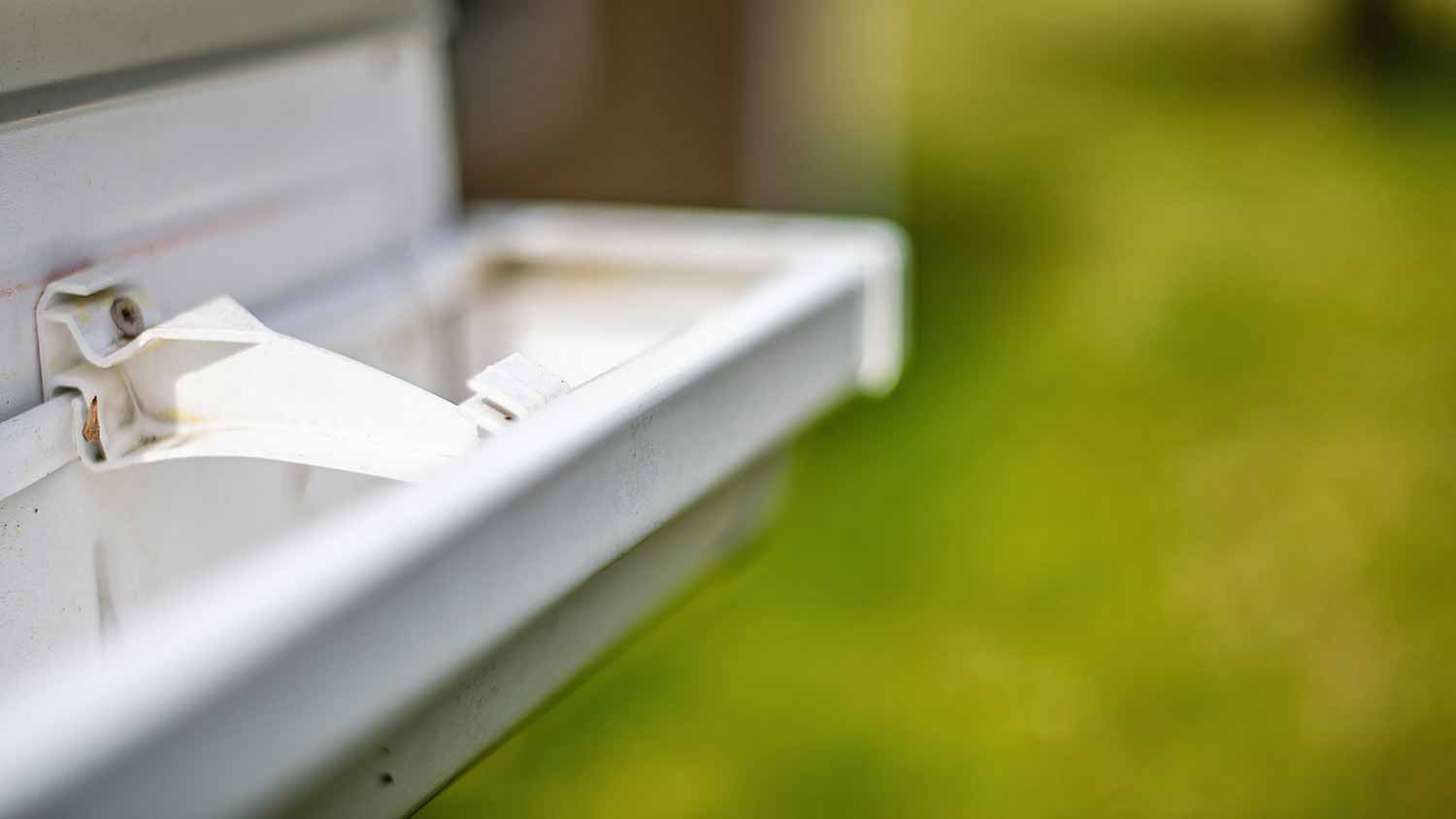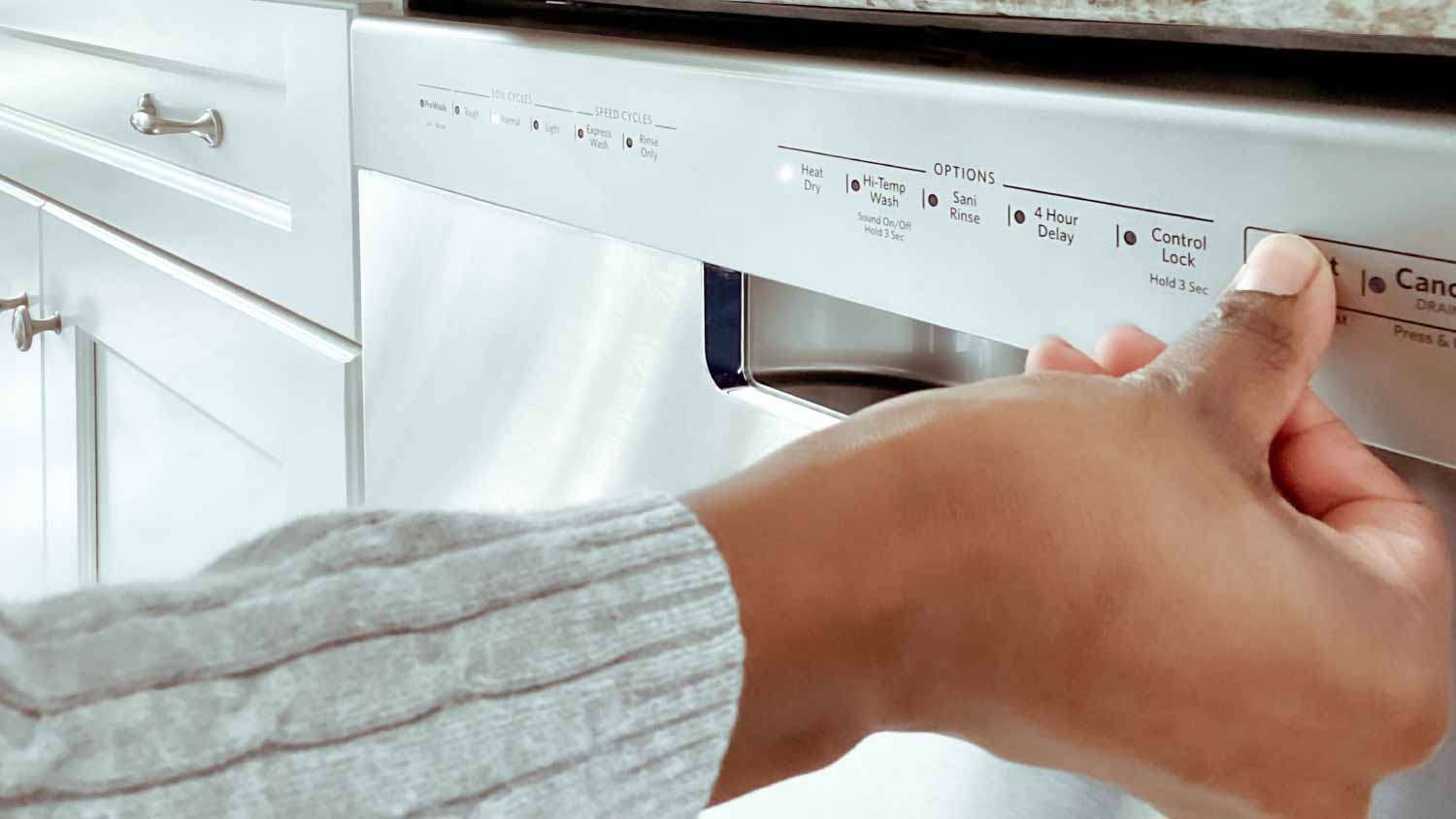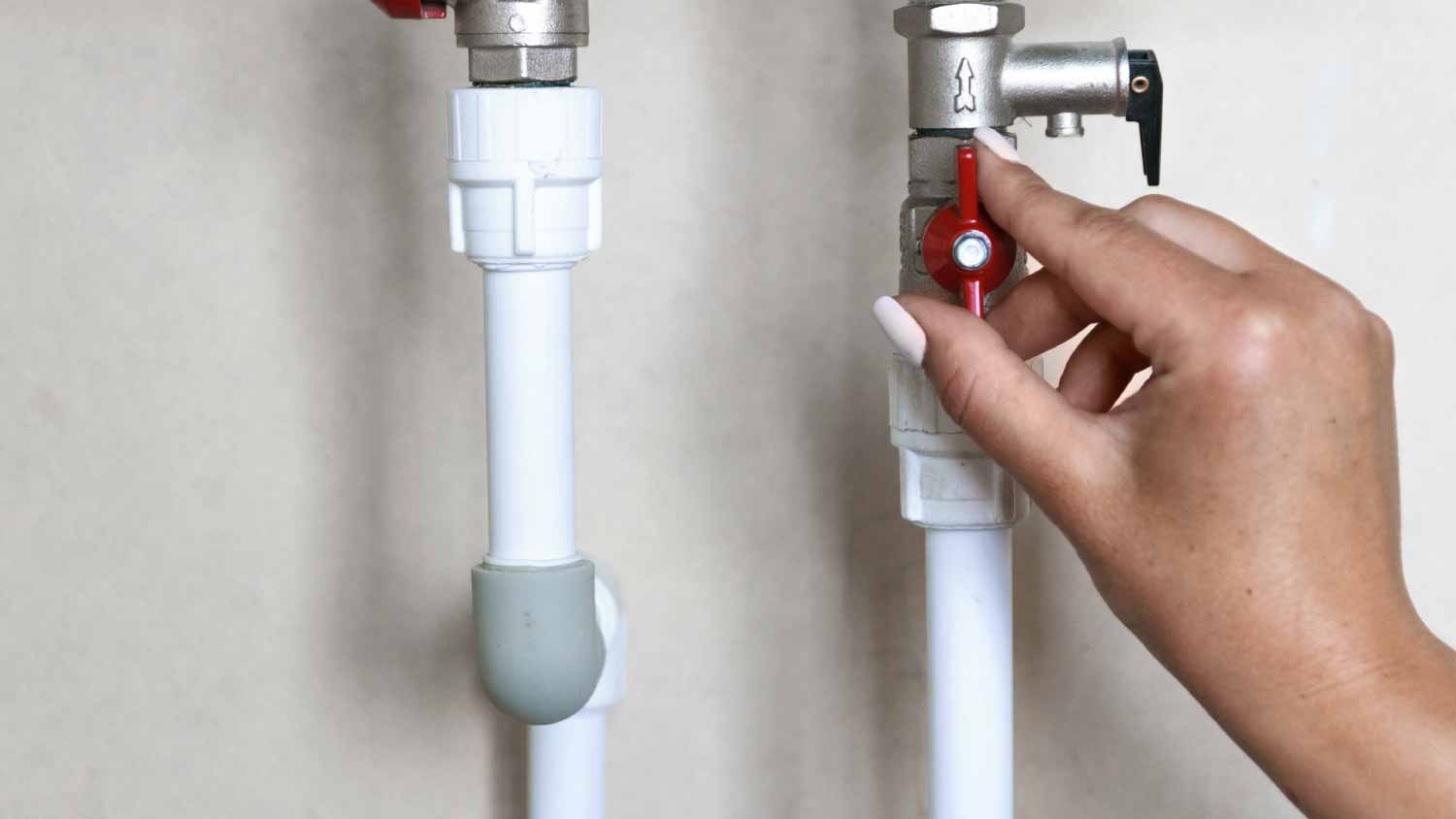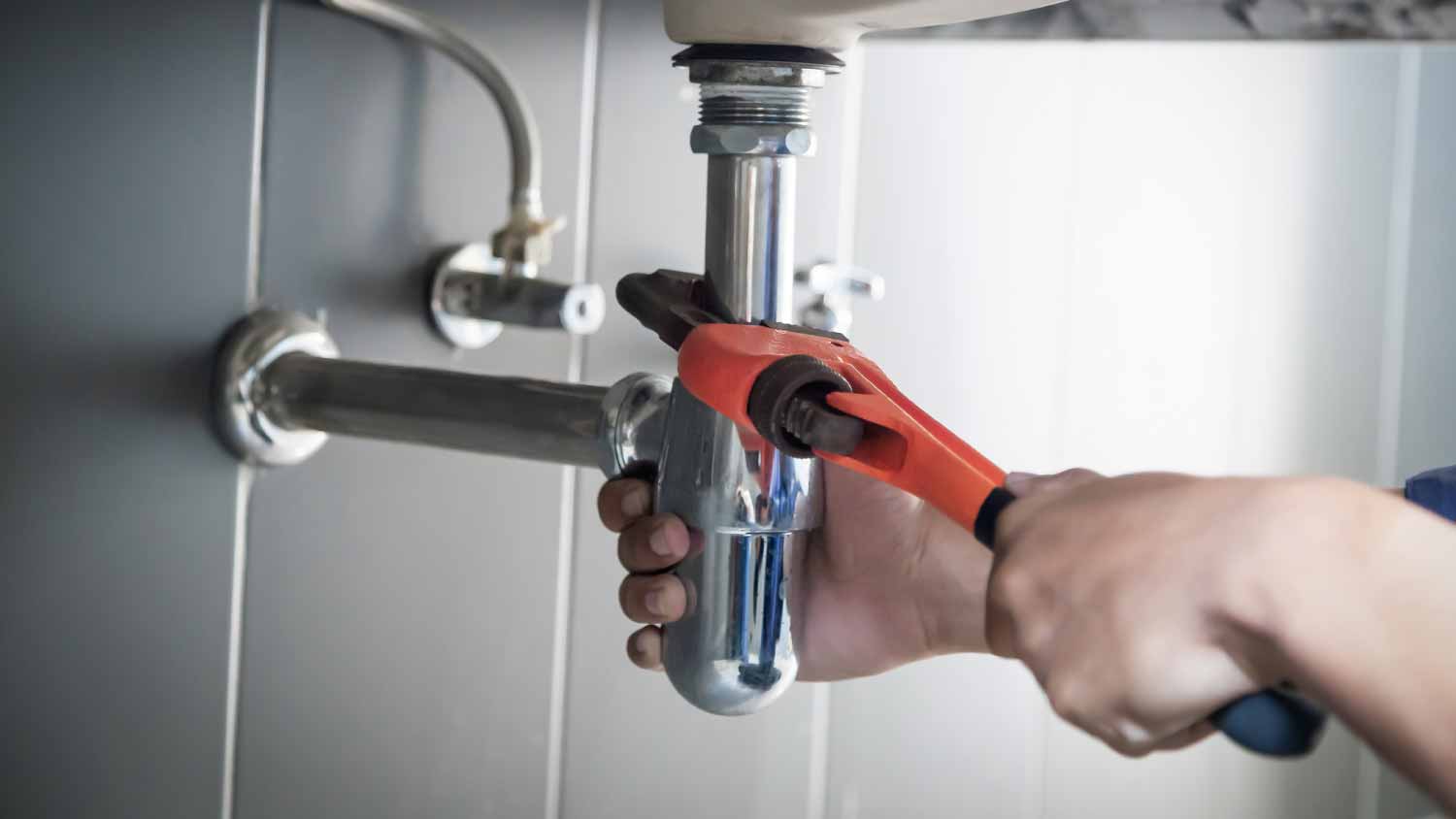
Need to get rid of lingering smoke odors in your home? Learn how much smoke remediation costs to budget accurately for this major undertaking.
Be proactive and prevent plumbing problems


It’s every homeowner’s worst nightmare: a pipe bursting and flooding the bathroom, leading to expensive and troublesome water damage. Water damage isn't just a hassle to repair and clean up; it can also cause long-term issues like mold and mildew. By following these 10 proactive tips, you can help prevent water damage from occurring in your home.

Clean your gutters and downspouts twice a year to prevent blockages and ice dams. Leaves, moss, and other debris can block your gutters and lead to standing water, which, if left for too long, can seep into your home’s foundation and cause major damage.
A leaky tap can displace up to 57 gallons of water in one week—pipe leaks should never go unaddressed. Do regular inspections around your home to look for signs of a plumbing leak—if you notice damp, dark spots on the floor, wall, or ceiling, call in a water damage restoration company right away. You might also spot chipped paint, peeling wallpaper, black specks, or a musty smell. Leaks can originate from a number of common devices, including toilets, sinks, dishwashers, bathtubs, and water heaters.
Remember to also inspect your roof. Check inside your attic for any signs of water damage and look for damp spots on joists. Outside, examine the roof for any signs of damage and check that the flashing around your chimney is intact and in good shape.
Regularly inspecting your home for leaks is always a good idea; you can add to this by installing a leak detection sensor. Many models are easy to install, though a few might require professional help. Smart sensors even send updates to your phone or computer, so you’ll know right away if there are any potential water problems. If your sensor has auto-shut-off capabilities, make sure to enable this feature so water flow is turned off if a leak is detected.

Appliances can fail at any time, so running them while you’re asleep or out of the house can be risky. You know not to leave your oven on while you’re away, so apply that same principle to all of your appliances, from your dishwasher to your washing machine.
If you live somewhere with cold winters, keep your heat on during the chillier months, even if you’ll be away. If the heat isn’t kept at 55 degrees Fahrenheit or higher, the pipes in your exterior walls can freeze. When a frozen pipe later thaws, water damage can occur quickly.
Going away for a long-deserved trip to Hawaii? You can choose to shut off your main water valve before you go—just be sure to talk to a professional plumber near you before you do. They might advise just shutting off individual water valves to major appliances and fixtures. Either way, turning off the water is one way to prevent any damage from occurring while you’re getting your sun tan on the beach.

In an emergency situation, you need to know how to turn off the water—fast. Knowing where your stop tap is—and being able to turn the water off in a crisis—will prevent you from panicking and give you peace of mind while you make a call to a local emergency plumber. In most homes, the stop tap (also known as the stop valve or stopcock) is located under the kitchen sink, but it’s sometimes found in a kitchen cupboard, downstairs bathroom, garage, or cellar. Turning the valve clockwise will close it, reducing or stopping the water passing through your pipes.
A water pressure gauge can help you measure and monitor your water pressure. Attach the gauge to a faucet in your yard, then turn the faucet on—this will give you a reading of your home’s water pressure. When the water pressure is set too high—anything over 100 psi—your pipes can fail. If this is the case, a water pressure regulator can help decrease the water pressure from the main water line.
If your water bill suddenly spikes, there could be a leak or other plumbing issue. High water bills might indicate a leaky pipe, leaky faucet, overwatering, water-cooled AC units, or something else.

If you’re worried about water damage, it’s always best to call in a professional plumber to tackle any plumbing repairs. Even small repairs can easily go awry and cause leaks.
It’s important to catch water damage early. The most common signs that indicate you have a moisture problem are rotting, buckling, or peeling surfaces, which show up in 31% of cases. Damp or wet areas, stains or discoloration, and odors are also common indicators.
From average costs to expert advice, get all the answers you need to get your job done.

Need to get rid of lingering smoke odors in your home? Learn how much smoke remediation costs to budget accurately for this major undertaking.

Water damage restoration costs depend on the severity of the problem, the type of water, and the length of time the damage has been occurring.

Fire damage restoration costs vary widely based on the extent of the damage. Learn how to assess your home and estimate your total after a fire.

Visual inspections can help you find underground leaks, but high water bills can also tip you off. Here’s how to find underground water leaks like a pro.

To stay on top of water damage insurance claims, stop the water and document damage. Keep reading for more water damage insurance claim tips.

Are you in deep water and wondering who to call when your house floods? More than likely, the list includes a few different pros. Get the details in this guide.